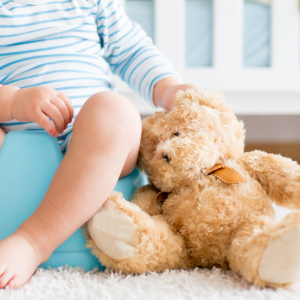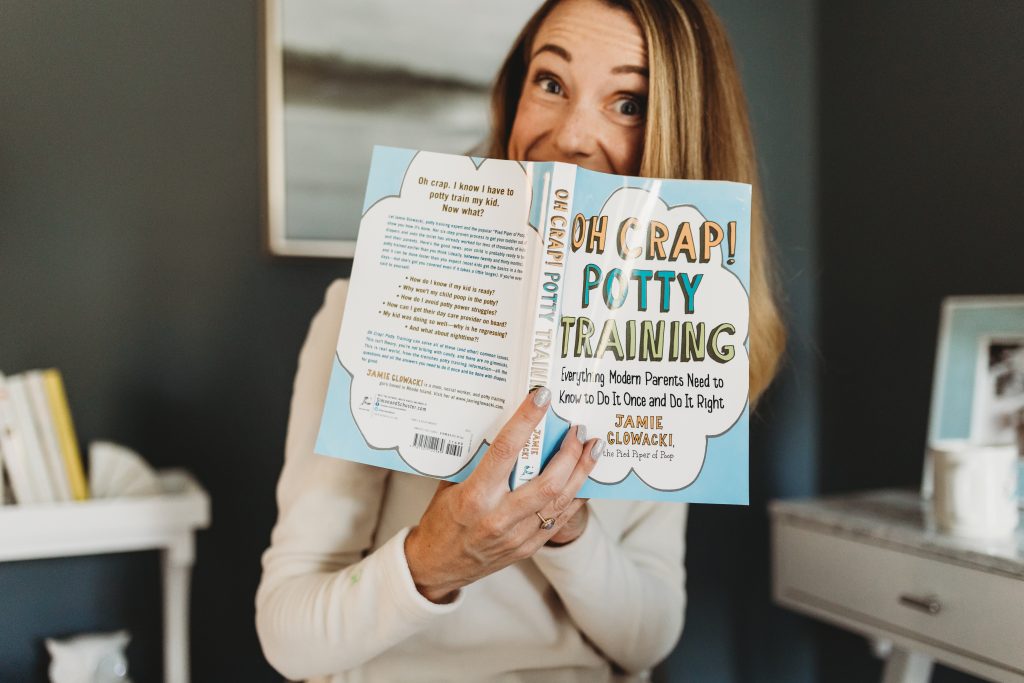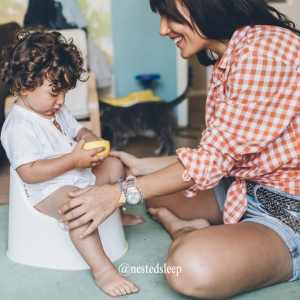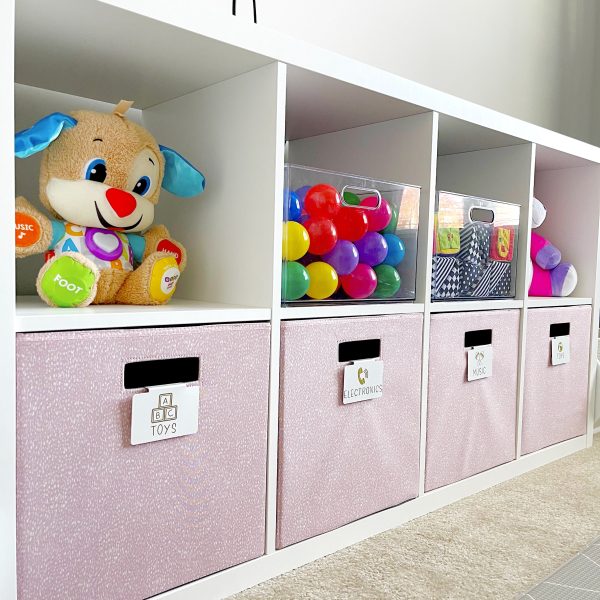Fall, tis the season for apple cider, pumpkins, and maybe …..potty training. So if you have some time with the long weekend or holidays coming up when you’ll be at home a few days together then this is a good time to jump in! But how do you know when your child ( and YOU) are ready? First let’s talk about day time training and night time training separately.

When is your child ready for daytime potty training?
U.S. children achieve most toileting readiness skills between 22 and 30 months of age. Girls show readiness signs earlier then boys (24 to 26 months vs. 29 months, respectively). Assessing readiness includes identifying the achievement of developmental milestones and toileting-specific skills. Necessary motor skills include the ability to walk and to put on and remove clothes (90% achieve by 30 months of age). Your kiddo also should be able to follow simple instructions and communicate needs to you (Baird DC, Bybel M, Kowalski AW., 2019).
Which method is ideal to use?
Just as there is not a “best” sleep training method the evidence shows that one particular method of potty training is not superior to another. There are child driven approaches such as The Brazelton child-oriented approach and parent driven approach such as “Oh crap, potty training“. The most important thing is that parents and caregivers are consistent with the method that you choose. Some evidence suggests that toddlers using the latter, more intensive method achieve continence sooner, but how long these outcomes are sustained is unclear based on current evidence.
On a more personal note I do think that it’s important to assess child readiness and not rush based on going to preschool, summer camp, or because a new sibling is coming. I’ve seen time and time again that potty training has backfired because of rushing the readiness. I also am fully on board for getting help with the process if you are unsure about which method to choose or if there are other complicating factors. My good friend Missy at Slumber and Bloom is a potty training consultant with a wealth of knowledge that can give you easy to follow, child- led potty training solutions and support if needed!

Assessing night time readiness
Once daytime potty training has been established and is successful (this can be 3 days for some kids and 6 months for others) then you can start to consider night training. As a pediatric sleep consultant, one thing I remind parents is that YOU DON’T NEED TO COVERT TO A BED TO NIGHT TRAIN! I’ll say it again for those in the back….you do not need to get out of the crib and covert to a bed for night training.
Before even starting night training make sure you have potty time in both the bedtime and morning routines, if you need a routine chart grab one here!
First assess whether your child is dry overnight. Even if they are wet in the morning it’s important to try to find out if they are wetting the bed overnight or AFTER they wake up.
- One way you can assess this is to set an alarm yourself for before your child typically wakes up for a few days. Sneak in and try to see if their diaper is really heavy and wet. If it’s not then you know that their body can hold their pee for most of the night.
- If they are dry upon these checks then start to wake them 10-15 minutes before they wake on their own to start the morning routine by going to the potty and get dressed for the day in their underwear
- If they call to you overnight to pee or in the morning then keep it a quick process and then back to the crib/bed until it’s your families time to wake. Need help with early morning awakenings check out my freebie here

No need to rush
We should remember that 20% of 5-year-olds, 10% of 7-year-olds, and 5% of 10-year-olds may still wet the bed (Source: Bedwetting Copyright © 2006 American Academy of Pediatrics, Updated 4/2013). Bladder control is a complex process that involves the coordinated action of the muscles, nerves, spinal cord and brain.
While you are waiting to night train make sure you are adding these things to your child’s routine:
- Establishing a bedtime routine that includes going to the bathroom before bed
- Limiting beverages in the evening (nothing more than small sips within an hour before bedtime)
- Praising when they are dry in the morning and let your child know it’s not his or her fault if they are wet and that most children outgrow bedwetting.
If bedwetting persists beyond the age of 6 or 7, you should discuss with your child’s pediatrician to discuss evaluations. Sometimes it could be something medical causing them to have bedwetting ( one example is obstructive sleep apnea), especially if they had been dry for a while and then started to wet the bed again.

Disclosure: This post may contain affiliate links, meaning I get a commission if you decide to make a purchase through my links, at no cost to you.
References:
Baird DC, Bybel M, Kowalski AW. Toilet Training: Common Questions and Answers. Am Fam Physician. 2019 Oct 15;100(8):468-474. PMID: 31613577.
Bedwetting Copyright © 2006 American Academy of Pediatrics, Updated 4/2013


